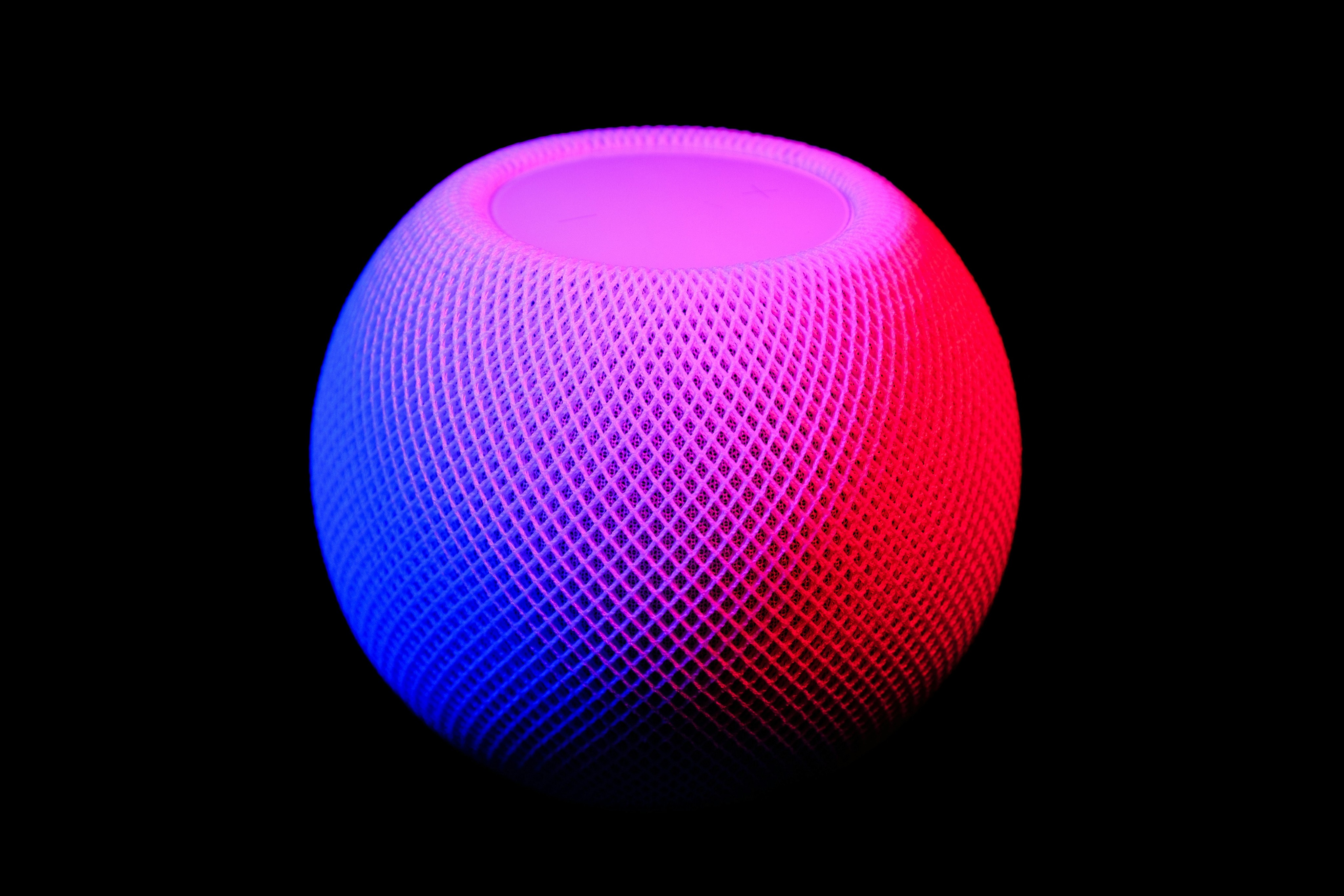Menu
25
AI vs Human Scribes: A Comparative Study
Daniel Fleury
Mar 5, 2024
The evolving landscape of automation and artificial intelligence (AI) presents a fascinating debate when it comes to scribing—the act of documenting information. With advancements in technology, AI scribes have emerged as a powerful tool, often pitted against their human counterparts. This comparative study explores the strengths and weaknesses of each to unravel the future dynamics of scribing.

The Rise of AI Scribes
AI has revolutionized numerous industries, and scribing is no exception. AI Scribes boast impressive credentials, from efficiency to accuracy in handling data. They are tireless workers, immune to the human need for rest, affording them a round-the-clock productivity that human scribes cannot match. With the ability to process and analyze vast amounts of data in a short time, AI scribes have become an integral part of industries such as healthcare, finance, and legal services.
Advantages of AI Scribes
Efficiency: Unlike humans who are prone to fatigue and distractions, AI scribes can work tirelessly without breaks or errors. This makes them highly efficient in handling large volumes of documents and data.
Speed: AI scribes can process information at lightning speed, reducing the time required to complete tasks significantly. This allows for faster decision-making and increased productivity.
Accuracy: With advanced algorithms and machine learning capabilities, AI scribes are highly accurate in their outputs. They can detect patterns and errors that human scribes may miss, resulting in more reliable data.
Cost-effective: Hiring human scribes can be expensive, especially for large-scale projects. In contrast, AI scribes only require initial investment and maintenance costs, making them a cost-effective option in the long run.
Scalability: As AI technology continues to evolve, so do the capabilities of AI scribes. They can easily adapt to changing requirements and handle increased workloads without the need for additional resources.
The Strengths of Human Scribes
While AI scribes have their advantages, human scribes still hold significant
Cost is another compelling argument for AI. Although the initial setup and training period come with significant expenses, AI scribes promise a reduction in long-term costs due to automation and minimal upkeep. For businesses, this translates into an appealing ROI.
Limitations of AI Scribes
However, AI scribes aren't without their criticisms. One concern is the hefty initial investment required to integrate AI into existing systems, which can be a barrier for smaller operations. Additionally, AI's proficiency in analyzing data is limited by its current inability to fully grasp complex human emotions and the subtleties of language. There is also the question of unemployment—replacing human scribes with AI could lead to job losses, initiating ethical and economic dilemmas.
The Human Touch
Human scribes, on the other hand, are lauded for their extraordinary adaptability and for providing a human connection that AI cannot replicate. Sectors such as healthcare and counseling particularly benefit from the ethical considerations and warmth that only humans can offer. Experience also counts, with human scribes bringing a nuanced and personal service shaped by years of learning and relational interactions.
Challenges with Human Scribes
Yet human scribes face their own set of challenges. Availability is a prime issue, hindered by standard working hours and physical limitations, which AI does not face. Human errors and biases in data capture can compromise the integrity of the documentation process, while the financial burden of human labor, including salaries and ongoing training, can strain organizational resources.
Towards an Ethical Future
Ethical considerations are central to this discussion, with AI's potential for amplifying biases standing out as a significant concern. Any automated system must be vigilantly overseen to uphold fairness. The specter of job displacement demands proactive measures that uphold social responsibility and equity—informed consent and transparent practices must steer both AI and human scribes.
Looking Ahead
Reflecting on future trends, the synergy between AI and human scribes seems the most promising path. Hybrid models wherein AI takes over repetitive, time-consuming tasks, and humans focus on areas requiring emotional intelligence, could pave the way for a more efficient and humane approach to scribing.
Concluding Thoughts
Ultimately, this study suggests that context is king in deciding between AI and human scribes. Rather than replacing humans outright, AI should be viewed as a complementary tool that enhances our natural abilities. With concerted efforts towards ethical frameworks, retraining, and education, the future of scribing can be a harmonious blend of technology and humanity, each elevating the other to new levels of potential.
Keywords
AI Scribes
Human Scribes
AI vs Human
Scribing Technology
Mental Health Scribe
Mental Health Documentation
Psychological Notes
Medical Scribe AI
Mental Health AI Documentation
Healthcare Documentation AI
Ready to Supercharge Patient Care?
Let's Talk!
Schedule a call with Daniel Fleury


